10 Teaching Assistant Interview Questions and Answers
10 Teaching Assistant Interview Questions and Example Answers
Here are 10 Teaching Assistant interview questions that you may be asked when interviewing for SEN TA or learning support assistant (LSA) jobs. I have also added a potential answer to a couple of the questions. Generic answers are good for ticking boxes but to impress the interviewer you need examples from your previous experience. If you don’t have any experience working in a classroom then answer the interview question with an example that demonstrates your values and attitudes towards education. Using examples from your home life, own children, or relations is also a great idea. You might also want to have a read of this post on SEN-specific Interviews. There are also several books that go into more depth about the role of a teaching assistant.
As a Teaching Assistant, how do you approach working with children who may have difficulty learning or behaving in a traditional classroom setting?
This answer will be very bespoke to you. The interviewer will want to be able to see evidence of your values and ethos. Your use of language is very important. I would suggest looking at the behaviour and teaching and learning policies. From these you can take key terms. i.e Use “becoming dysregulated” rather than “kicking off”. Try and find the evidence-informed approaches the school uses to get pupils “ready to learn,”. These might be sensory circuits, movement breaks, or attention autism. Talk about how you identify the barriers to learning and how you respond. An example might be. “If the classroom becomes too noisy I would suggest we move to complete our learning in the quiet space, or remind them of their ear defenders.”. Including examples in your answers to your teaching assistant interview questions really helps.
Click Below to download our free PDF ebook – Teaching Assistant Interview Questions and Answers
How do you collaborate with teachers to support student learning and development?
Possible Answer: Teaching assistants can collaborate with teachers in a number of ways to support student learning and development. Some strategies I have used in the past are:
- Participating in planning and preparation for lessons and activities, including identifying objectives, materials, and resources needed, I have young children so have cupboards of things I have collected for use in sensory stories.
- Providing individualised support to students, such as one-on-one tutoring or small group instruction, to help them meet their learning goals, including EHCP targets.
- Assisting with the assessment of student learning and progress, including collecting and analysing data to inform instruction. I always make sure I feed this back to the teacher and follow the feedback and marking policy.
- Collaborating with teachers to adapt and modify instruction or the learning environment to meet the needs of diverse learners i.e. chunking information or reframing questions to aid understanding.
- Assisting with the integration of technology and other resources into lessons to enhance student learning. I always take time to learn any apps that are used in class i.e. Reading Eggs so the teacher doesn’t have to take time explaining to me how these are used and so I can problem-solve any issues during lessons.
- Participating in professional development opportunities to stay current with best practices in teaching and learning. I actively look for ideas online and am a member of some forums. I also read articles on TES that discuss teaching and learning approaches.
- Providing feedback and suggestions to the teacher based on observations and my interactions with students.
- Collaborating with teachers to create a positive and supportive learning environment for all students.
- Providing support to the teacher in managing the classroom, including handling conflicts and challenges that may arise
Can you share a time when you adapted your approach to meet the needs of a student or group of students? (probably one of the key Teaching Assistant Interview Questions)
This really needs to be an example from your own background. An experienced teaching assistant should have plenty. If you haven’t worked in a school before this will have to come from your life. You will be trying to show you understand the role, expectations and some areas of specific need. It may be worth approaching schools to find a volunteer position for a few days to build up some experience.
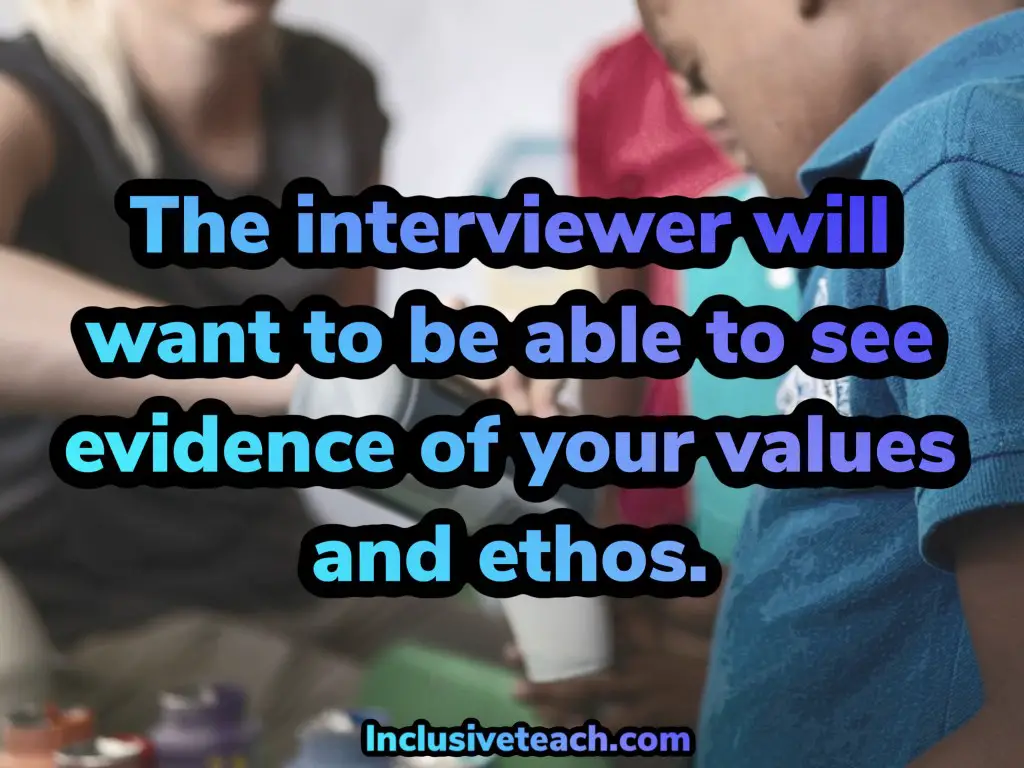
How do you stay current with developments in education and best practices for teaching and learning?
Possible Answer: There are several ways that teaching assistants can stay current with developments in inclusive education and best practices for teaching and learning. During my career (or in preparation for this interview I have:
- Participated in professional development opportunities, such as workshops, conferences, and online courses like these free online autism courses for teaching assistants.
- Joined a professional organisation related to education and teaching, which often offer access to resources, networking opportunities, and professional development events. An example of one for teaching assistants is NAPTA
- Stay informed about current research and trends in education through reading research journals and articles, attending lectures and presentations. I use YouTube to access these from home, I particularly like the NASEN (National Association for Special Educational Needs) and Whole School SEND webinars. I watched this one designed for early career teachers to expand my knowledge of teaching strategies.
- Engage in ongoing professional learning with colleagues, such as participating in professional learning communities or collaborating with other educators on projects and initiatives.
- Utilise online resources and social media to stay connected with other educators and access the latest information and resources related to teaching and learning.
- Seek feedback and mentorship from more experienced educators, including online, to stay current with best practices.
How do you establish and maintain positive relationships with students, teachers, and parents?
A Key part of a learning support assistant interview will be about developing relationships with others in the school community. Have a read of this post about maintaining positive relationships and amplifying parent voice. It was written in collaboration with parents and other parties.
How do you support students’ social and emotional development in the classroom?
Possible Answer: Here are several ideas you can include in an answer to interview questions about supporting students’ social and emotional development in the classroom:
- Foster a positive and supportive classroom culture that values and celebrates diversity, promotes respect and inclusion, and encourages open communication and collaboration. this can serve to boost a pupil’s self-esteem and feeling of value within the school community
- Help students develop social skills by modelling and teaching appropriate behaviour, providing opportunities for students to interact with one another, and providing support/facilitating social interactions.
- Encourage students to express their emotions in appropriate ways and provide support and guidance when they are struggling with strong emotions.
- Help students develop self-regulation skills by teaching them strategies to manage their emotions and behaviour, such as deep breathing, counting to 10, or using positive self-talk.
- Foster a growth mindset by praising effort and progress, rather than just praising intelligence or talent.
- Help students develop problem-solving and conflict resolution skills by teaching them strategies for handling conflicts and disagreements, such as compromising, and seeking help from an adult.
- Encourage students to be kind and compassionate towards others, and model kindness and compassion in your own interactions with them.
- Provide opportunities for students to practice empathy and understanding by discussing and role-playing different perspectives and emotions, comic book conversations can be great for this.
How do you differentiate instruction to meet the diverse needs of your students?
Interview questions that ask about differentiated instruction provide an oportunity for you to explain your knoweldge of teaching and learning. Differentiation is a teaching approach that involves tailoring instruction to meet the diverse needs of students. Here are some strategies that teaching assistants can use to differentiate instruction. These could form the basis of the answer to your interview question:
- Use assessment data to identify students’ strengths, needs, and interests. Use this information to inform your instruction. You can build a pupil’s special interests into the lesson i.e counting with PJ Masks resources.
- Offer a range of materials and resources, such as videos, and hands-on activities, to engage different learning preferences.
- Provide students with choice and autonomy in their learning. Allow them to select their own learning goals or the way they demonstrate their learning, is it important to write or can they type or dictate?
- Use scaffolding and other supportive strategies to help students build on their prior knowledge and skills, and provide additional support as needed.
- Differentiate the level of support and challenge you provide to students based on their needs and abilities through adaptive teaching.
- Use technology and other resources, such as adaptive software and assistive technology, to support students with diverse needs. I have researched technologies that support communication such as Eye Gaze and other AAC strategies. I believe that when supporting students with EHCPs we should go beyond differentiation. We ned to plan to create a bespoke approach to meeting their learning needs.
How, as a teaching assistant do you use specific SEN teaching approaches to enhance student learning?
Here are 16 suggested approaches for teaching assistants to ensure students with SEN are able to access learning. Use these as a guide to shape your answers to the interview questions. Always try to add context around how you have implemented them.
- Prepare the pupil before the lesson by outlining the purpose and content.
- Support teacher verbal input with visuals or key point reminders
- Set tasks with clear goals
- Write worksheets/questions with clear aims.
- Seat pupils in an area of the classroom free from busy displays and distractions
- Teach/use clear classroom routines, e.g. have all pupils hold an object when it is their turn to talk.
- Use a visual way of showing the pupil what they/the class will be doing, such as a visual timetable
- Use short simple instructions. Give one at a time and check for understanding. allow Processing time before reprompting
- Explain any changes of routine to the pupil i.e. if the teacher is absent
- Support writing with writing frames, templates etc
- If using group work be very clear about rules and expectations
- Set explicit and clear expectations e.g. how many lines to write, how many questions to answer.
- Ensure the pupil has a way to ask for help
- Model to the pupil that making mistakes is OK and a part of the learning process
- Use incentives based on pupil’s interests e.g. a pause every hour to focus on their special interest.
- Use immediate and individualised reward systems
Can you describe an intervention or activity that you have led in the past and how it was successful in engaging students in learning?
Just an example answer to the interview question, please personalise it. It is also okay to talk about challenges and changes you needed to make.
One intervention I led in the past was a social skills group for 3 11 year old autistic boys. The goal of the group was to teach the students how to interact with their peers and develop friendships.
To make the group successful, I utilised a variety of different teaching methods including role-playing, group discussions, and interactive games. I also made sure to incorporate the students’ individual strengths and interests into the activities. These included the game “Among Us”.
One activity that was particularly successful was a “social story” project. Each student in the group created a social story about a real-life social situation that they had trouble with in the past. The students wrote the stories and then acted them out in front of the group. This allowed the students to practice the social skills they had learned in a safe and controlled environment.
The group was also successful because I made sure to create a positive and supportive learning environment. I provided consistent positive reinforcement and sensitively addressed any behaviours that were hindering the group’s progress.
As a result of this intervention, the students showed significant improvement in their social interactions with their peers and developed stronger friendships. Their teachers reported that they noticed improvements in the student’s behaviour and interactions in the regular classroom as well
How do you approach discipline and behaviour management?
The best answers to this question will be those that match up the school’s values and ethos. Read the behaviour policy. If you do not agree then please don’t apply you have to buy into the approach they use. Read the following blogs as a starting point. Differentiation in Discipline. Trauma, challenging behaviour in schools. This handbook (free) by the welsh government is a good starting point if you will be supporting in mainstream classes.
I hope you have found the post useful. Please remember to make your answers to any interview questions bespoke to the school and you. They may also ask follow-up questions – so be ready and honest if you don’t have experience with that issue. You can always learn! Remember schools want to employ genuinely passionate teaching assistants. Good luck!
10 More Teaching Assistant Interview Questions
Here are 10 more potential teaching assistant interview questions:
- What experience do you have working with children/students?
- What strengths or qualifications do you feel you could bring to this role?
- How would you handle a disruptive student in the classroom?
- Describe a time you solved a problem or conflict with a student.
- What are your strategies for helping students who are struggling with a topic or concept?
- How would you build rapport and form positive relationships with students?
- What is your communication style with parents/teachers? How would you keep them updated?
- What is your classroom management philosophy and techniques?
- What motivates or interests you about being a teaching assistant?
- Do you have any questions for us about the role or school?
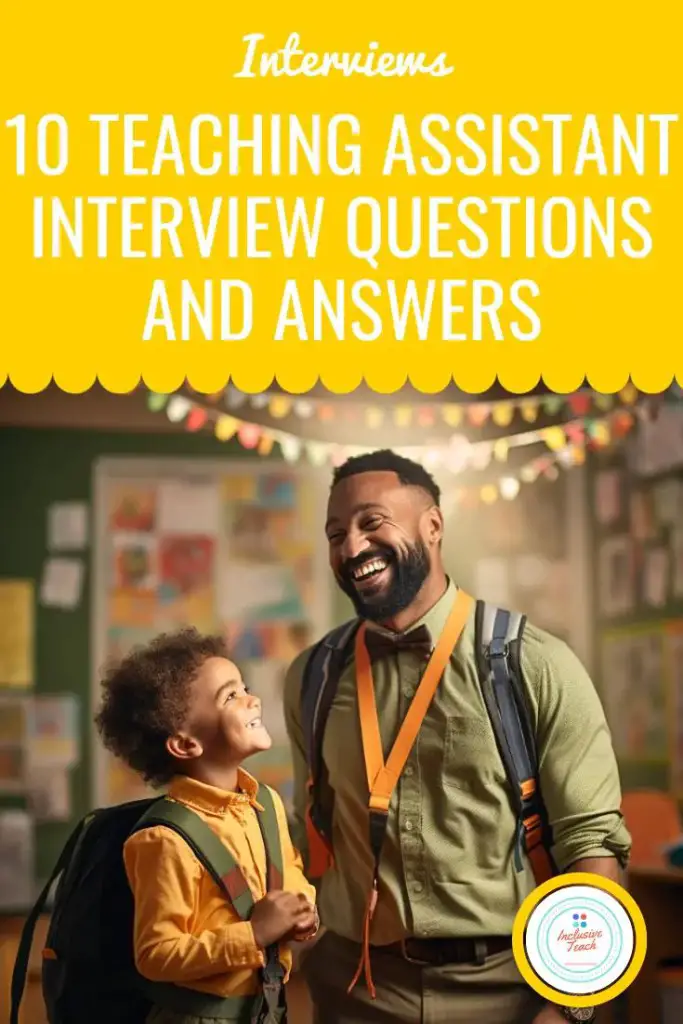

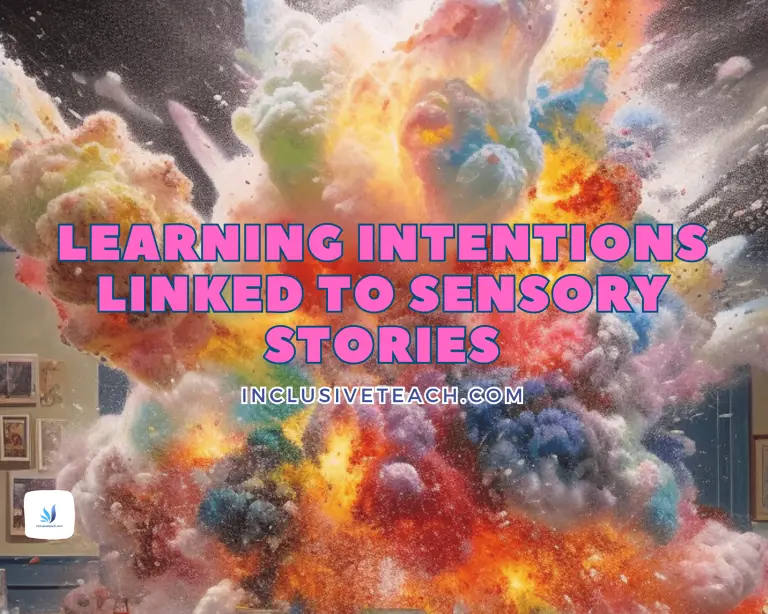
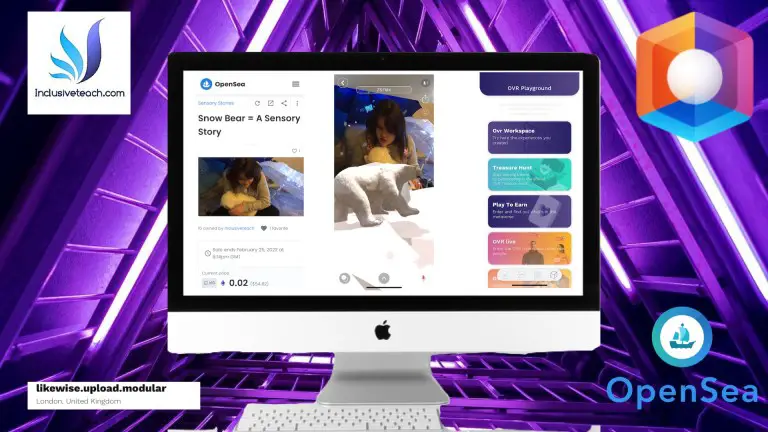
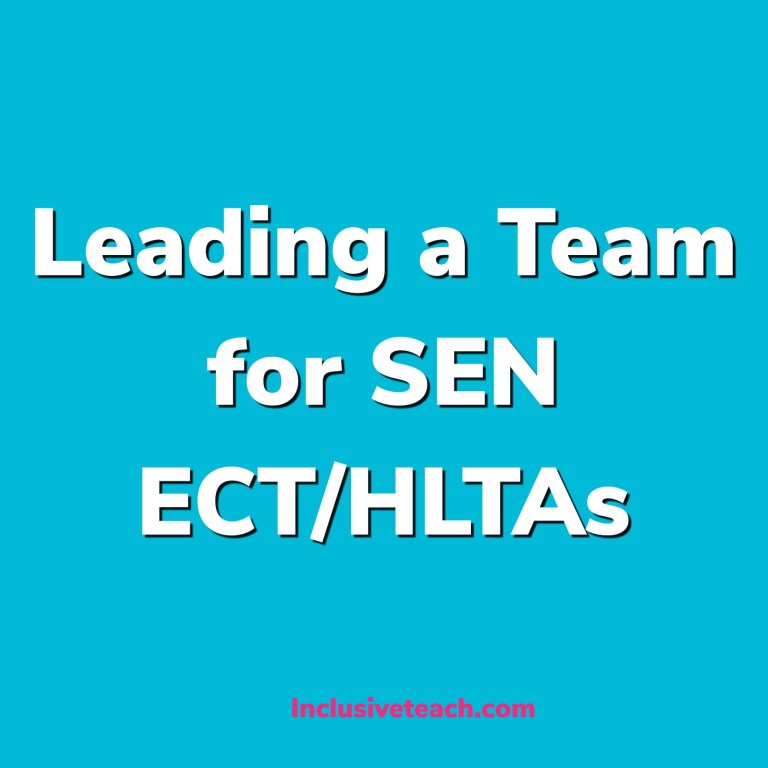

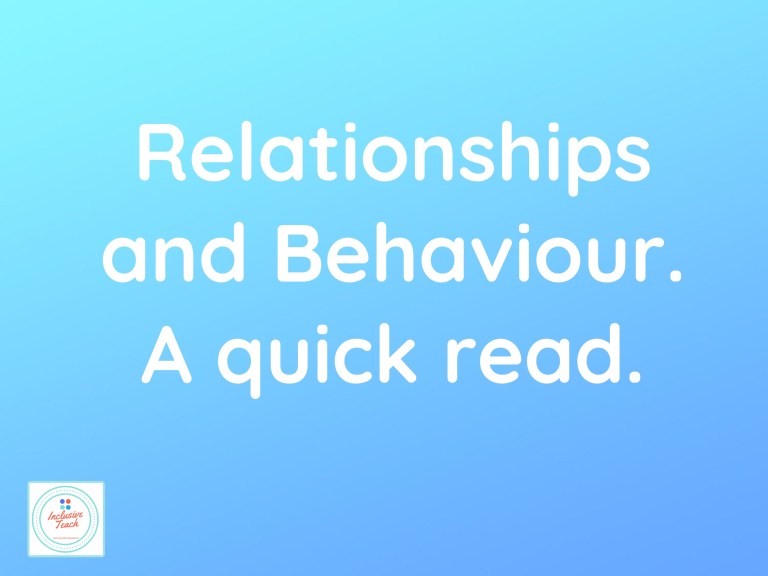

One Comment